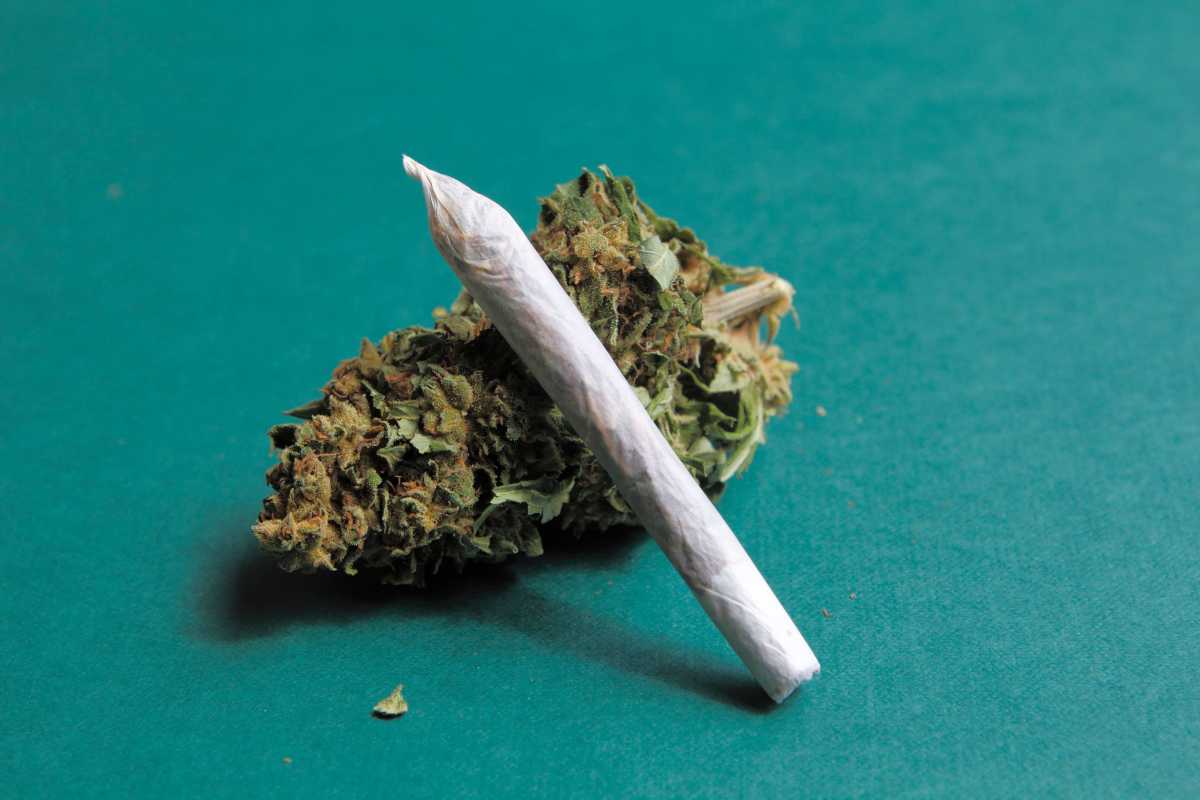Governor Andrew Cuomo signed legislation on Monday morning further decriminalizing marijuana use in New York state — a moved praised by Queens lawmakers as a step to balance the scales of criminal justice in the borough.
The new law will reduce the penalty for unlawful possession of marijuana to a violation punishable by a fine, and by creating a process for individuals who have been convicted for possessing small amounts of marijuana to have their records expunged.
“Communities of color have been disproportionately impacted by laws governing marijuana for far too long, and today we are ending this injustice once and for all,” Cuomo said. “By providing individuals who have suffered the consequences of an unfair marijuana conviction with a path to have their records expunged by reducing draconian penalties, we are taking a critical step forward in addressing a broken and discriminatory criminal justice process.”
Cuomo first proposed the further decriminalization of marijuana in 2013, and again in the 2020 budget. The bill will take effect in 30 days.
“This is a step in the right direction,” Councilman Donovan Richards wrote on Twitter. “We still have a lot more work to do to ensure that black and brown communities get marijuana justice. America’s drug war has only destabilized communities of color.”
Councilman Rory Lancman, the chair of the Committee on the Justice System, had declared in June 2018 that, “No one should ever be arrested for smoking marijuana, period.” He applauded the Cuomo signing.
“Marijuana enforcement has unjustly targeted brown and black New Yorkers, and decriminalizing marijuana use is a meaningful step forward that will keep thousands of people out of our criminal justice system,” Lancman said. “I thank Governor Cuomo and the legislature for making this important progress, and working to right the wrongs of the past.”
The Legal Aid Society says Cuomo enacting marijuana decriminalization into law does not go far enough.
“While in some regards this legislation is a step forward, including its automatic expungement of low-level marijuana charges, it still fails to address the radically disparate enforcement of marijuana possession laws or any of the collateral consequences created by marijuana prohibition that almost exclusively affect black and Latinx communities,” The Legal Aid Society Staff Attorney Emma Goodman said. “Under this statute, for basic marijuana possession, our clients will continue to face parole and probation violations, continue to live in fear of immigration detention and deportation, and continue to be at risk of being separated from their family by an adult or child protective agency.”
In conclusion, Goodman said, “All of the collateral consequences of marijuana criminalization that harm communities of color will continue to exist. We hope that next year Albany finally enacts the Marijuana Regulation and Taxation Act, legislation that will address these historic problems that continue to plague our clients and other New Yorkers of color on a daily basis.”
































